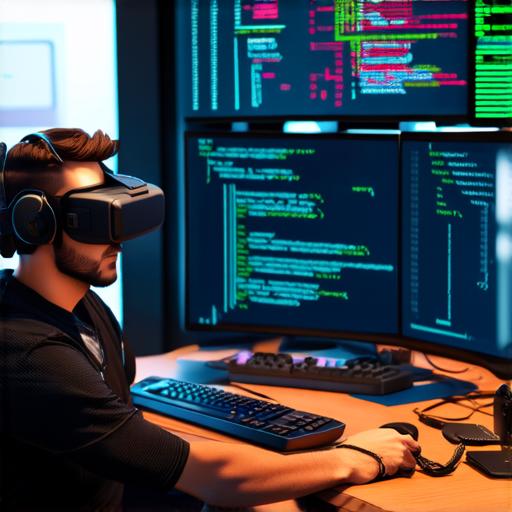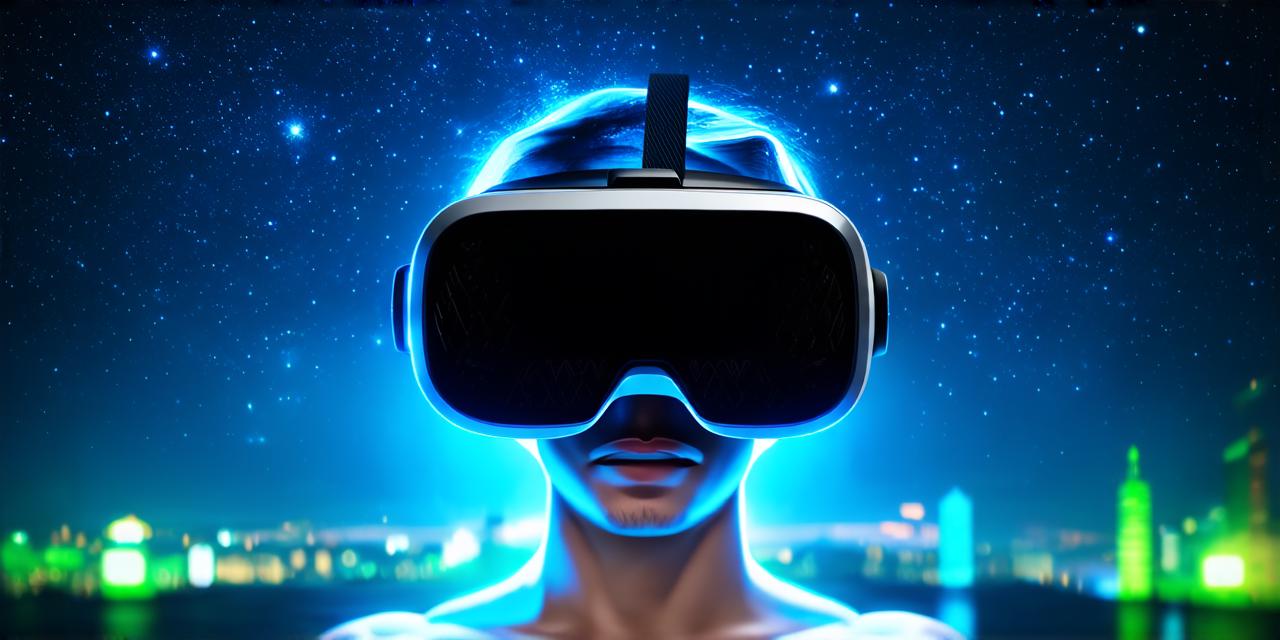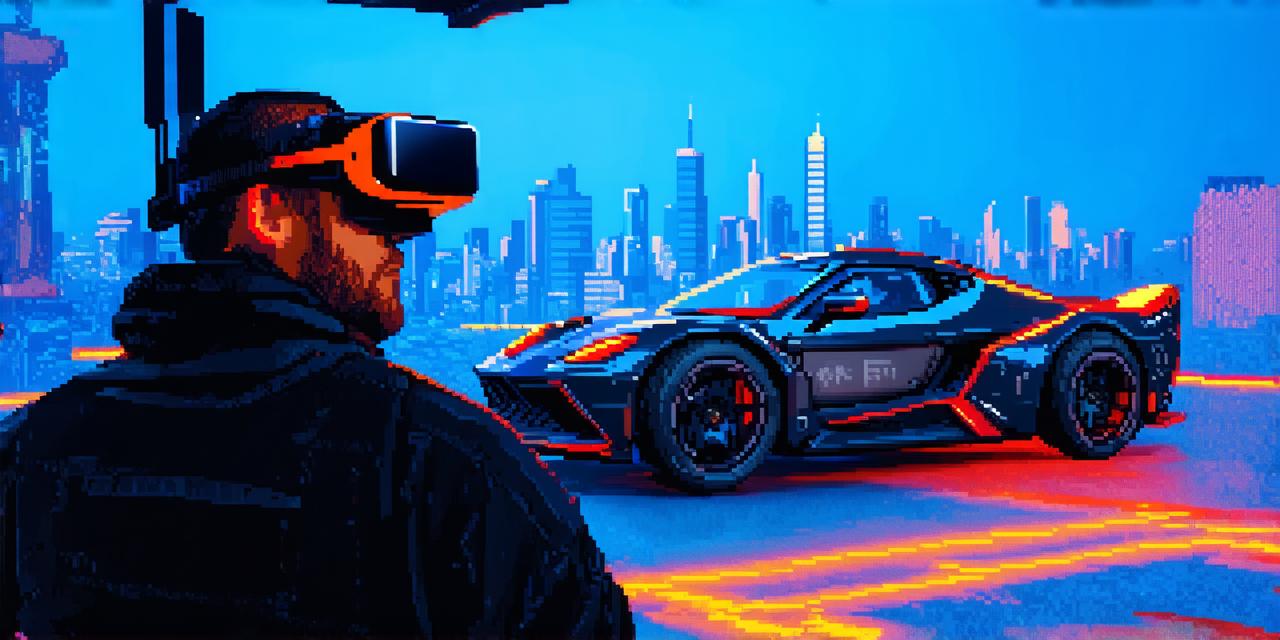Stage 1: Conceptualization
The first stage in developing a VR game is conceptualization. This involves coming up with an idea for the game and determining its core mechanics and gameplay elements. The team brainstorms ideas and creates a rough outline of the game’s story, characters, and settings. They also decide on the type of VR hardware they will use to develop the game.
Stage 2: Prototyping
In this stage, the team creates a prototype of the game. This is a basic version of the game that allows them to test and refine its mechanics and features. The prototype can be created using simple 3D models or more advanced graphics software. Once the prototype is complete, the team tests it on different VR hardware to determine which one works best.
Stage 3: Design and Development
In this stage, the team creates the detailed design for the game. This involves creating a storyboard, designing characters and environments, and programming the game’s mechanics and features. The team also develops the user interface (UI) for the game, which includes the menus and controls that players will use to interact with the game.

Stage 4: Testing and Refinement
In this stage, the team tests the game on different VR hardware to ensure that it works seamlessly and is comfortable for players to play for extended periods of time. They also refine the game’s mechanics and features based on feedback from beta testers and focus groups. This process continues until the team is satisfied with the final product.
Stage 5: Launch and Maintenance
Once the game is ready, it is launched on various VR platforms. The development team continues to maintain and update the game regularly to fix bugs, add new features, and improve the overall experience for players. They also gather feedback from players and use it to further refine the game’s design and mechanics.
Conclusion
Developing a VR game is a complex process that requires specialized skills and technology. From conceptualization to launch and maintenance, every stage of the development process is crucial to creating an immersive and engaging VR experience for players. With advancements in VR technology and increased demand for VR games, we can expect to see even more innovative and exciting VR games in the future.



